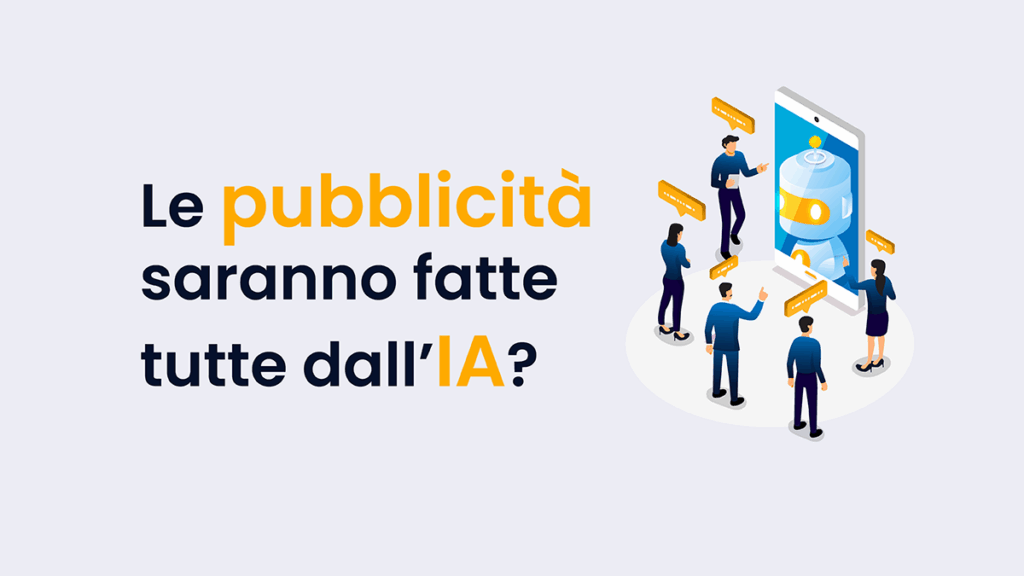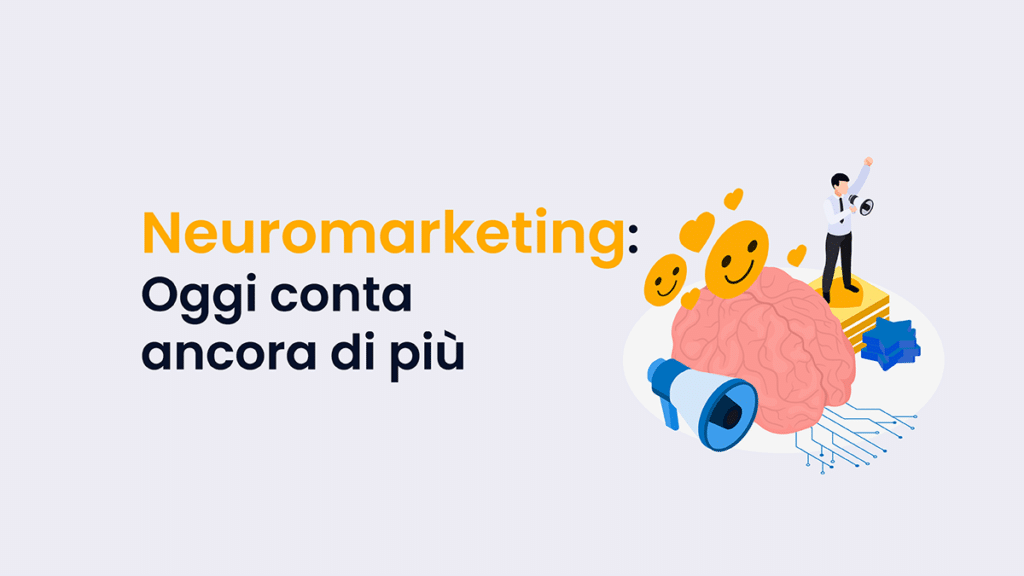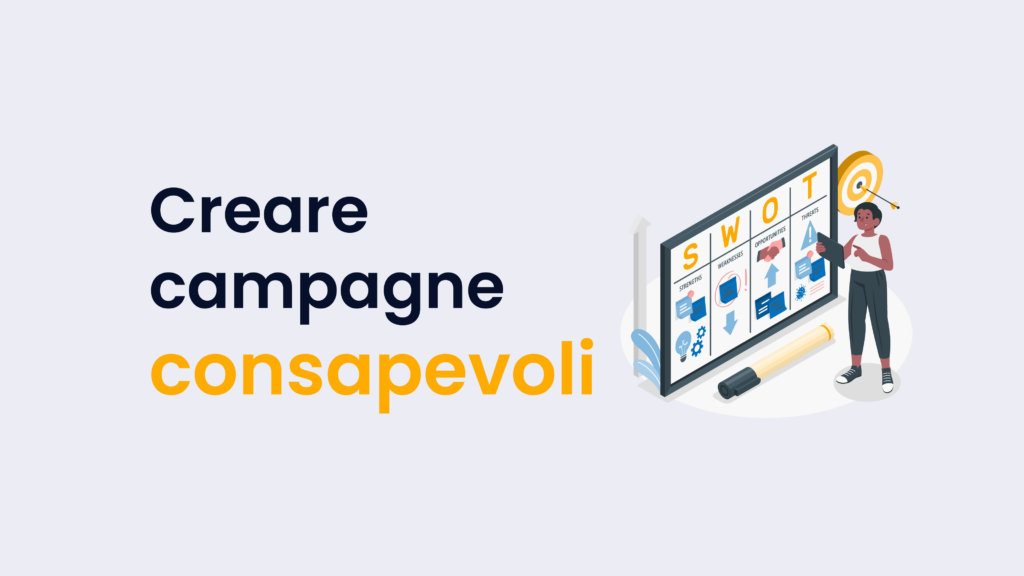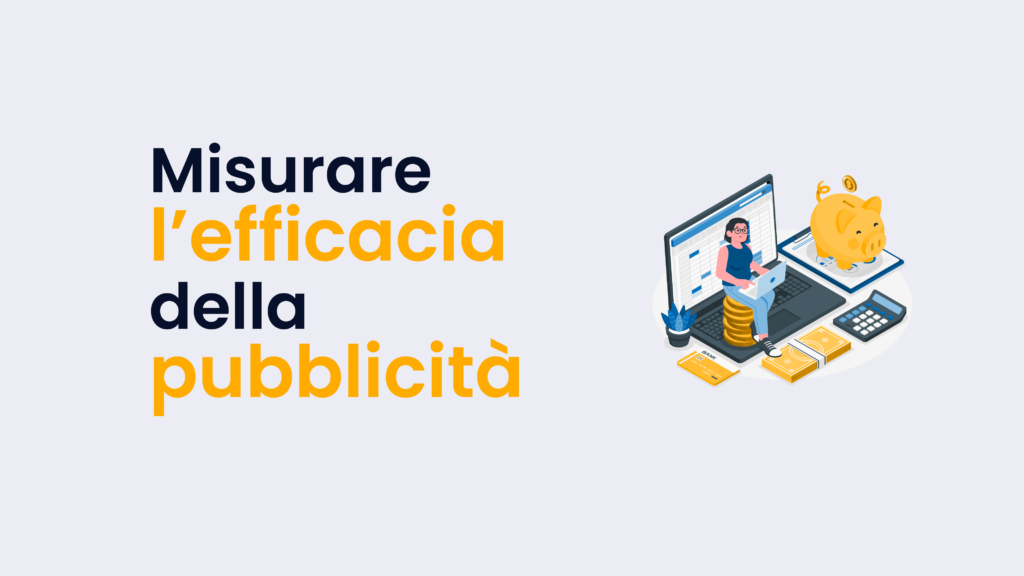L’etica nella pubblicità della nostra epoca apre diverse riflessioni. Per poterle fare, mettiamo le basi raccogliendo gli elementi da considerare.
Abbiamo un’ampia varietà di canali e di mezzi. Da questa varietà sono nate diverse forme di comunicazione, ognuna con le sue connotazioni. C’è un maggiore accesso ai dati personali e di consumo, e tecnologie sempre più raffinate per raccoglierli ed elaborali.
Quindi i target delle pubblicità ricevono più stimoli che mai da diversi canali. Hanno molte più possibilità di informarsi, di ricevere messaggi personalizzati ma anche di confondersi o disperdersi. Quest’ultimi aspetti sono legati anche a fattori ambientali e culturali odierni, come la sostenibilità, l’impatto della digitalizzazione e dell’automazione da diversi punti di vista.
Tutti questi fattori concatenati sono causa ed effetto di chiavi d’interpretazione, valori, aspettative, speranze e preoccupazioni.

Indice dei contenuti
Ma cosa si aspettano le persone?
In buona sostanza possiamo dire che il marketing persuasivo tradizionale è per lo più sdoganato. Le tecniche pubblicitarie che ne derivano vengono guardate con diffusa diffidenza. L’accesso a dati e notizie permette alle persone di avere una visione del mondo più ampia, sebbene sia più frammentata dall’opportunità di inseguire interessi soggettivi e di credere in quello che si vuole in contrapposizione a dogmi in decadenza.
Quindi le persone in Occidente di base sono portate a preferire una comunicazione chiara, trasparente, empatica, partecipativa… ma non attraverso formule didascaliche e mai in contraddizione con le scelte reali che fa il marchio.
Infatti quando una comunicazione pubblicitaria è dichiaratamente fatta per cavalcare tendenze senza crederci, assume l’aspetto di un’induzione forzata: vogliamo davvero che i fruitori si sentano imboccati o presi in giro?
I valori che vanno per la maggiore e come si manifestano
Onestà, rispetto e responsabilità sociale, uniti a una comprensione profonda delle dinamiche emotive del pubblico, si declinano in messaggi veritieri e non fuorvianti, alla considerazione nei confronti dei fruitori, delle imprese, della società e sulla promozione di valori positivi e costruttivi.
Così sono solo belle parole.
La sfida di essere etici nella pubblicità sta nel comunicare autenticamente come e in che cosa il brand di fatto esercita questi valori. Questa considerazione invita perciò a ricercare nella propria identità di brand manifestazioni pratiche di suddetti valori e trasformarli in chiave visiva, estetica, simbolica, verbale e musicale. Da qui, quindi, il valore può assumere diverse facce.
È in questo modo che si passa dal generico al particolare, dall’asettico al connotativo, dall’artificio al naturale, dal vago al chiaro.
In finale, dal debole all’efficace.
Declinare l’etica nella pubblicità
L’etica non si riduce a essere una scelta morale, ma una vera e propria strategia che può portare risultati apprezzabili.
Nel contesto della pubblicità moderna, l’etica allora si traduce in una serie di scelte consapevoli che riflettono valori condivisibili. L’onestà e la trasparenza, ad esempio, si possono manifestare presentando prodotti e servizi in maniere che rispecchiano effettivamente ciò che sono e cosa possono offrire. L’inclusività può essere rappresentata ribaltando paradigmi estetici. La sostenibilità può essere esercitata e comunicata prima adottando relativi modelli di produzione e filiera, poi promuovendoli.
L’impatto dell’etica sulla percezione del brand
L’etica nella pubblicità influenza profondamente come i consumatori percepiscono un brand. Oggi la fiducia può essere facilmente infranta e difficilmente ricostruita, e sappiamo che è un requisito fondamentale.
I fruitori moderni hanno accesso illimitato a informazioni online e possono fare ricerche approfondite sui prodotti prima di effettuare un acquisto. Questo significa che ogni promessa non mantenuta può essere rapidamente scoperta, condivisa e danneggia irrimediabilmente la reputazione di un brand.
Questo legame tra etica e percezione del brand evidenzia un aspetto fondamentale del marketing moderno: i consumatori cercano connessioni autentiche in linea con i loro valori e principi.
Bilanciare etica e profitto
Questa sfida non è roba da poco. Da un lato infatti esiste la pressione di guadagnare, dall’altro allinearsi a un’etica pubblicitaria che sia coerente a quello che davvero il marchio sceglie da tutti i punti di vista.

L’adozione di pratiche pubblicitarie etiche può talvolta richiedere investimenti significativi o addirittura portare a rinunciare a opportunità di profitto a breve termine. A lungo termine, però, la posta in gioco è una fidelizzazione stabile e duratura.
Un aspetto fondamentale nel percorrere questo sottile confine tra etica e profitto è la trasparenza. Se per esempio ci vuole un passaggio graduale per adottare in pieno pratiche sostenibili, piuttosto che dichiarare da subito di essere sostenibili si può comunicare apertamente il processo di transizione. Oppure fare dichiarazioni d’intenti… e magari riuscire, grazie a queste, a vendere di più come se fosse una “raccolta fondi” e fornire a mano a mano resoconti.
Normative e leggi
Essere etici fa anche stare tranquilli legalmente. Infatti il quadro normativo italiano che tutela dalla pubblicità fuorviante e ingannevole è variegato e in continua evoluzione. Rimanere aggiornati al riguardo può essere impegnativo, ma tutela sia i brand che i fruitori delle loro pubblicità.
Per sapere di più informatevi sull’organo in Italia che regola le normative relative alla comunicazione pubblicitaria: l’AGCOM.










